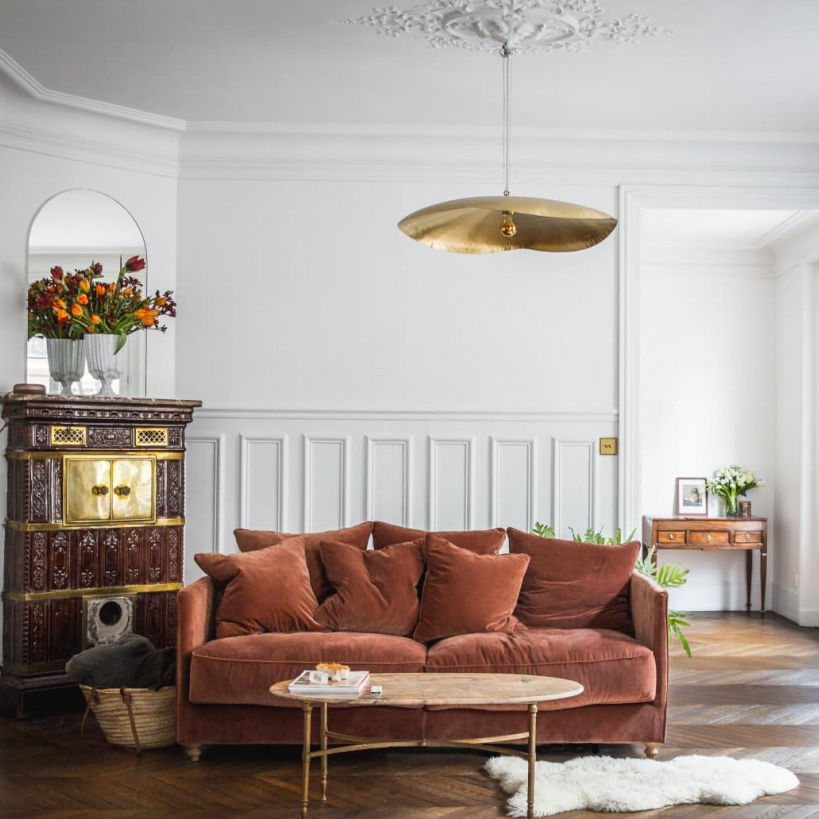Introduction
Light bulbs are an essential part of modern life, but did you know they could be dangerous? In recent years, there have been a number of reports of bulbs exploding or catching fire, putting people at risk of injury or property damage. This article explores the potential dangers of light bulbs and offers tips on how to stay safe.
The Risks of Broken Bulbs
One of the biggest dangers associated with light bulbs is the risk of breakage. When a bulb breaks, it can send shards of glass flying in all directions, potentially causing serious injury. Moreover, many bulbs contain mercury, a toxic substance that poses a health risk if it is inhaled. To protect yourself and your family, always handle light bulbs with care, and dispose of broken bulbs safely.
What to Do if a Bulb Breaks
If you accidentally break a light bulb, follow these steps to protect yourself:
- First, turn off the power to the light socket.
- Next, carefully remove any broken pieces of glass from the socket, using gloves or a paper towel to avoid skin contact.
- Dispose of the broken pieces in a sealed container.
- If any mercury is visible, use a damp paper towel to carefully wipe it up.
- Avoid using a vacuum cleaner, as this can spread the mercury and create an even greater health risk.
- Finally, air out the room for at least 15 minutes before returning, to ensure any toxic fumes have dissipated.
Fire Hazards
Another potential danger associated with light bulbs is the risk of fire. Overheating light bulbs can easily catch fire, especially if they are placed close to flammable materials such as curtains or furniture. To avoid this risk, always keep light bulbs clear of any flammable objects, and ensure that they are not covered by lampshades or other obstructions that could cause them to overheat.
What to Do if Your Light Bulb Overheats
If you notice that your light bulb is overheating, follow these steps to minimize the risk of fire:
- Turn off the power to the light socket immediately. If possible, unplug the lamp or turn off the circuit breaker.
- Carefully remove the bulb from the socket, being sure to let it cool down before handling it.
- Inspect the light fixture for signs of damage, such as cracked or charred wiring.
- If you detect any damage to the wiring, do not use the light fixture until it has been repaired by a qualified electrician.
- If the wiring appears to be in good condition, you can replace the bulb and turn the power back on, but be sure to keep the light clear of any flammable materials.
Preventative Measures
Although light bulbs can pose a risk, there are several steps you can take to minimize those risks and keep your home safe. Some preventative measures include:
- Always use the correct wattage bulbs for your fixtures, as using bulbs that are too powerful can cause overheating and create a fire hazard.
- Keep bulbs clear of any flammable materials and always place them in well-ventilated areas.
- Inspect light fixtures regularly for signs of damage or wear, and replace any damaged wiring promptly.
- When disposing of light bulbs, always follow the proper procedures. If a bulb contains mercury, contact your local waste disposal authority for instructions on how to dispose of it safely.

